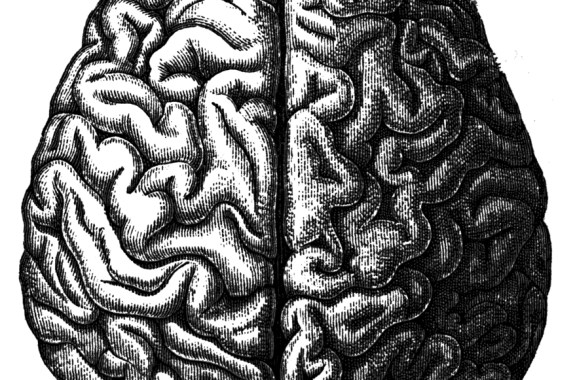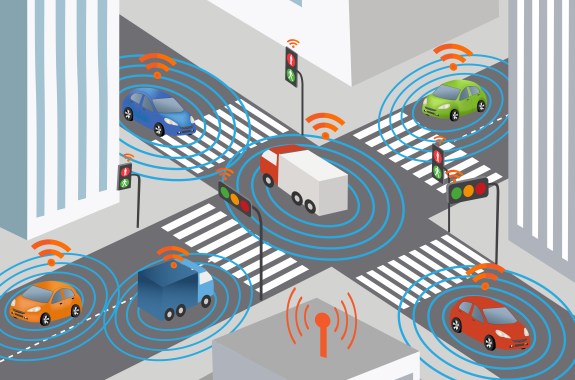The Agony And Ecstasy Of Capsaicin
Marco Tizzano explains how capsaicin creates a chemical cascade inside your body and why emotions might make chili lovers think they can handle the heat.
Do Other Animals Show Handedness?
Humans aren’t the only species where righties outnumber lefties.
The Operation That Created ‘Patient H.M.’
Author Luke Dittrich retells the story of the surgery his grandfather performed on Henry Molaison, which resulted in an unintended, life-changing side effect.
16:27
Remembering Henry Molaison, the Man Who Kept Forgetting
The most famous patient in neuroscience is the subject of a new book by the grandson of the man who changed his brain forever.
17:38
Life In The Wrong Political Bubble
New research says being politically isolated hurts our relationships. What’s the best way to bridge the divide?
17:11
The Health Costs Of Racism
Research suggests that even hearing about racist incidents can cause mental and physical health problems for people of color.
34:11
Looking At The Brain For Hidden War Wounds
Military doctors are starting to pay more attention to concussions and other traumatic brain injuries on the battlefield.
Who Should Your Autonomous Car Save?
Should it save you, or the people outside your car?
11:59
Supercomputer Rankings, ‘Frankenturtles,’ and Psychology of Self-Driving Cars
China tops the list of the world’s most powerful supercomputers, and the psychological toll of autonomous vehicles.
12:19
The Neuroscience of a Microchip, Remembering a Keystone Ecologist, and Brexit’s Effect on Science
What can “Donkey Kong” tell us about the state of neuroscience? Plus the possible implications of Brexit for science.








